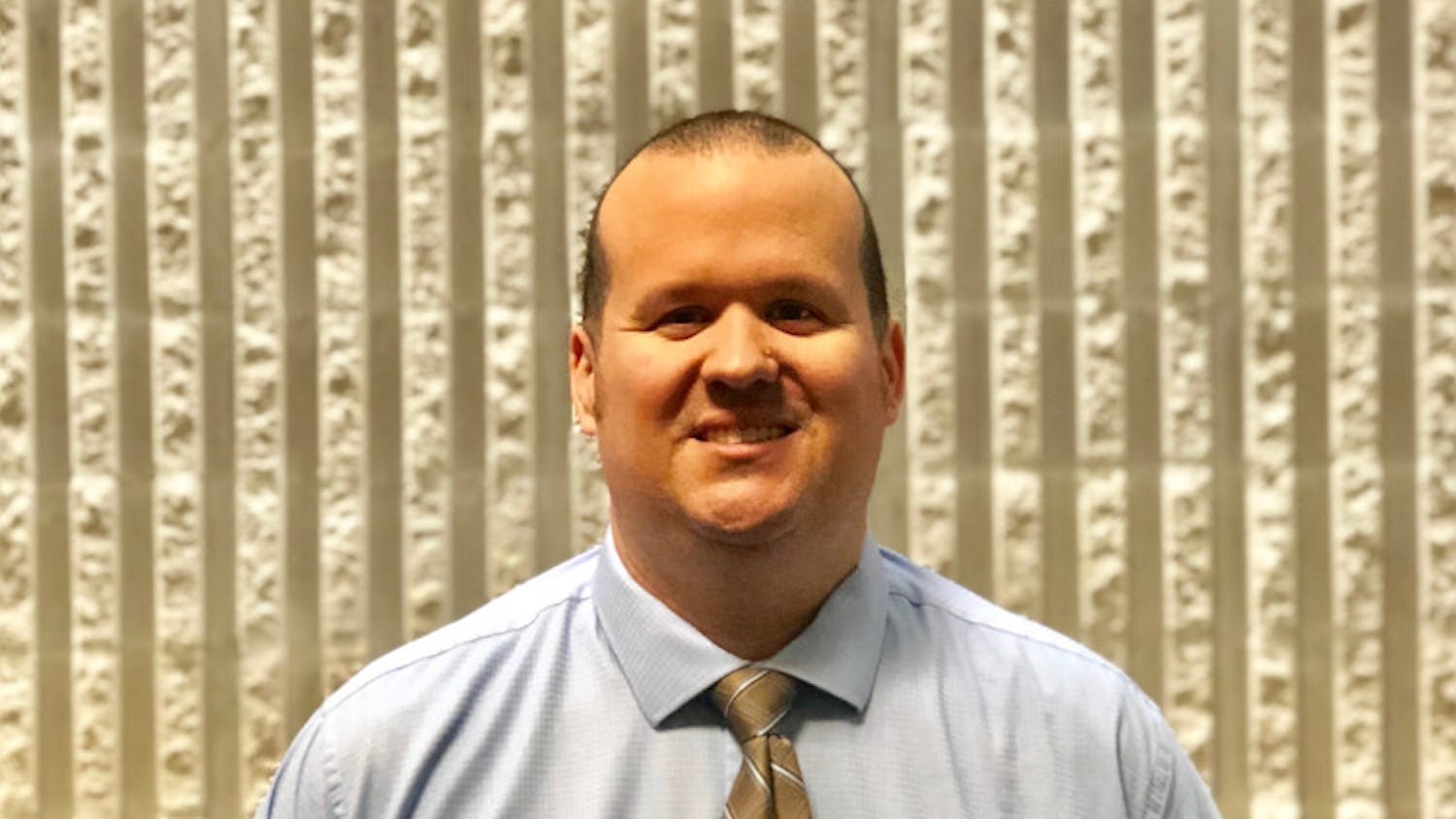St. Petersburg Times editor Mike Brassfield has a mental manuscript about the do's and don'ts of freelancing from the writers who have approached him.
Brassfield, a regional editor in Clearwater, once sent a freelancer to a Unitarian church to cover a panel discussion about respecting people regardless of their sexual orientation.
Later, Brassfield asked how everything went.
"It went OK," she told him. "But they had to take the microphone out of my hand."
Brassfield was shocked.
The writer had inserted herself into the story.
"Later, I found out that when [the event organizers] were passing the microphone for questions, she practically took over the event, saying ‘I'm from the St. Petersburg Times,'" he said. "She started monopolizing the discussion and interviewing the panel and the crowd."
In the soft economy, editors say they can be choosier about picking freelancers from a vast pool of unemployed reporters and aspiring writers, so knowing the rules of freelancing is more important than ever.
"I don't have time for coaching or surprises," Brassfield said. "And I don't have a lot of time to try to train somebody."
Across the globe, freelancers are in demand in a number of industries. Nearly half of the 12,000 companies polled in a recent, worldwide business confidence survey said they plan to hire freelance employees, according to Regus PLC, a Luxemburg-based company that outsources workplace office services.
Staff amputation
Few industries have come to rely on freelancers more than newspapers, which cut nearly one in three newsroom employees between 2000 and 2010, according to industry analyst Rick Edmonds.
"I'm in dire need of copy from freelancers," said Sherri Day, the St. Petersburg Times' Brandon bureau chief. "My staff isn't just responsible for regional coverage. I also need regular copy."
Of course, freelancers have always worked at newspapers. Media scholars have documented how papers cut coverage to boost profits during four decades of corporate consolidation. Freelancers filled the gaps.
But after 15 years of failing to monetize online journalism, a societal shift in how companies advertise, a recession and declining readership, newspapers have gone from self-mutilation to staff amputation.
Even conservative, widely cited newspaper figures from the American Society of News Editors estimate a loss of 13,500 newsroom employees between 2007 and 2010.
Ironically, editors said, former full-time reporters are sometimes less equipped to freelance.
They're discouraged by paltry newspaper freelancer fees - from less than $50 per article to a few hundred dollars - sensitive to rejection and unsure how to pitch.
Tampa Tribune features editor Kim Franke-Folstad receives amateur pitches from professionals who turn emails into virtual vitae.
"Pitch me a story, don't pitch me yourself," Franke-Folstad said. "I don't need to know how you wrote 300 stories for People magazine. I need to know what you want to write for me."
Former reporters aren't the only ones who need pitching lessons. Every individual fancies him or herself a writer, especially the well educated.
Franke-Folstad recently fielded a call from a man who only identified himself as "an academic."
He wanted $1,000 for his story. And, as is common with amateurs, he wouldn't reveal his story idea for fear the newspaper would steal it.
He also kept calling his story an "editorial."
The Equalizer
Regardless of a freelancer's credentials, strong story ideas are the great equalizer, said Dennis Moore, deputy managing editor of USA Today and head of the paper's Life section.
But they must be timely and targeted to the correct editor.
And freelancers must know the publication, its audience, coverage area, production schedule and which stories are only handled by staff, he added.
"It's surprising to me the number of people who will suggest stories who clearly have never read USA Today," Moore said. "A number of people also approach us suggesting an article for our Sunday edition. USA Today has published for almost 30 years and has never published on Sunday."
Moore still chuckles about the woman who wanted to profile a cruise ship singer. She called and "spoke eloquently for 15 minutes about the beauty and power of his voice."
"Clearly, this person was a good singer," Moore said. "But this was not the kind of story we would write."
Moore won't speak twice with the freelancers who argue about story ideas.
"I guess I admire their confidence in themselves and in the subject, but not enough for them to cover the story," he added.
To freelance for large newspapers and magazines, writers must build a network of editor contacts and clips and gain experience at small operations, said Julia Dahl, an associate editor at cbsnews.com.
For cold pitches, Dahl's maxim is "three emails equals a relationship." Even unsuccessful pitches can help build fruitful relationships.
Whether using the phone or email, freelancers should be polite, patient and persistent without being overbearing. For example, writers should wait a few days, not a few minutes, before calling after an email pitch.
Editors need "some way to see that you're not a loon," Brassfield said.
When editors reject pitches, freelancers should ask questions such as: Can I call you with another story idea? What types of stories are you seeking? And: How about this other story idea?
For Moore, multimedia skills are a big plus, but not every editor wants them.
To keep jobs, freelancers must not be difficult. They must know AP style, meet length and story expectations and hit deadlines. They should "think like staffers" by suggesting photos and writing well-sourced stories.
And their copy can't be sacred or sloppy.
"A good storyteller is probably worth cleaning up," Franke-Folstad said. "But you're probably not a good storyteller. Even professionals aren't as good as they think they are."
Most of all, editors said, writers must improve pitches without taking rejection personally, realize freelancing is not lucrative and know it rarely leads to full-time jobs.
"You really have to love journalism to freelance," said Dahl, who spent a decade freelancing for major print publications. "The best thing a freelancer can do is marry a lawyer or someone who can provide you with a steady income."





